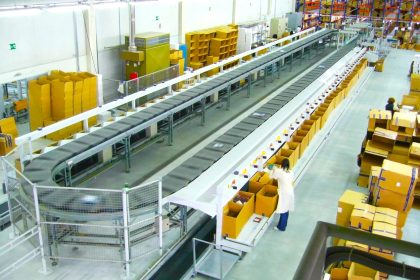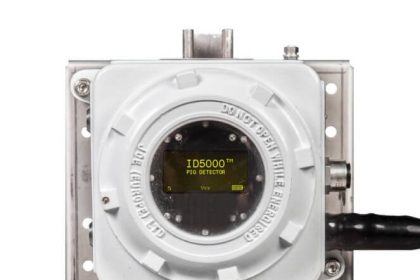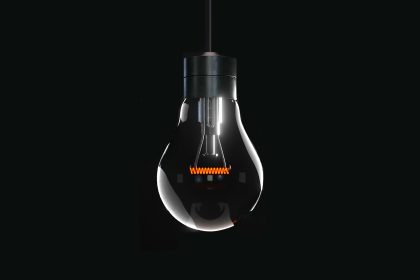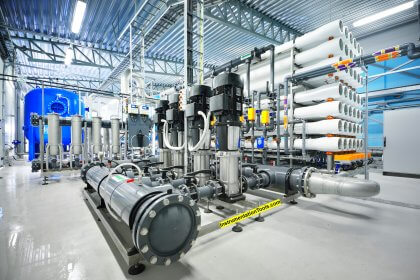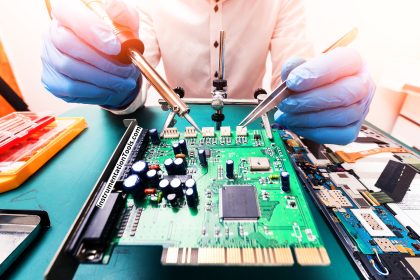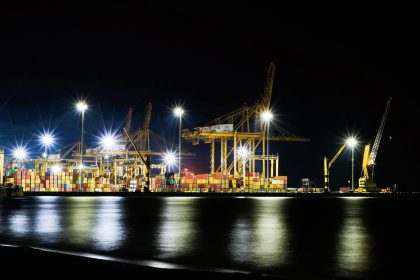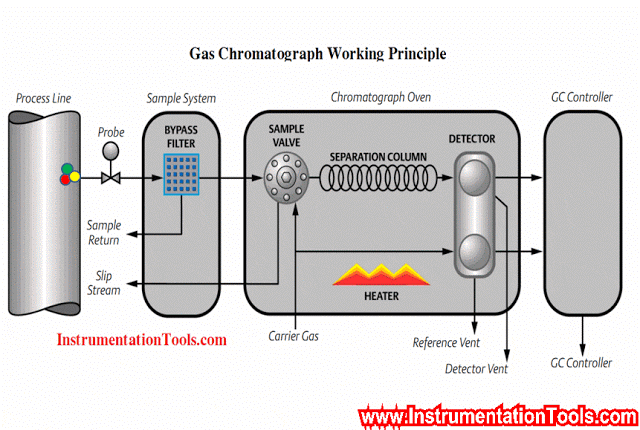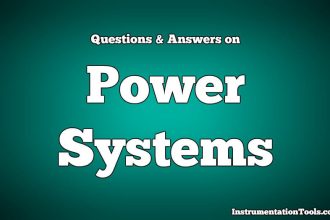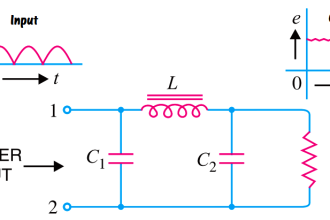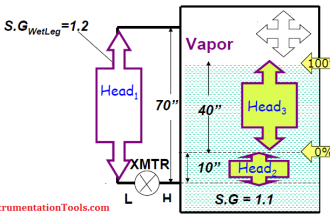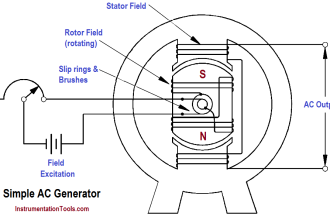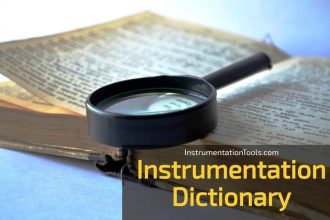Instrumentation is a very vast and widely used field in engineering. In today’s times, it almost survives without instruments. One of the major applications of instruments is in industries.
Today, industries are functioning fast and efficiently with the use of instruments. If they were not available, then the overall production, reliability, and efficiency of an industry would have reduced at a very drastic rate.
In this post, we will learn about the use of instrumentation in industries.
Instrumentation in Industries
What does an instrument word give you the meaning? It can be defined as something which senses, modulates, or works in conjunction with a process or machine, to help it function properly.
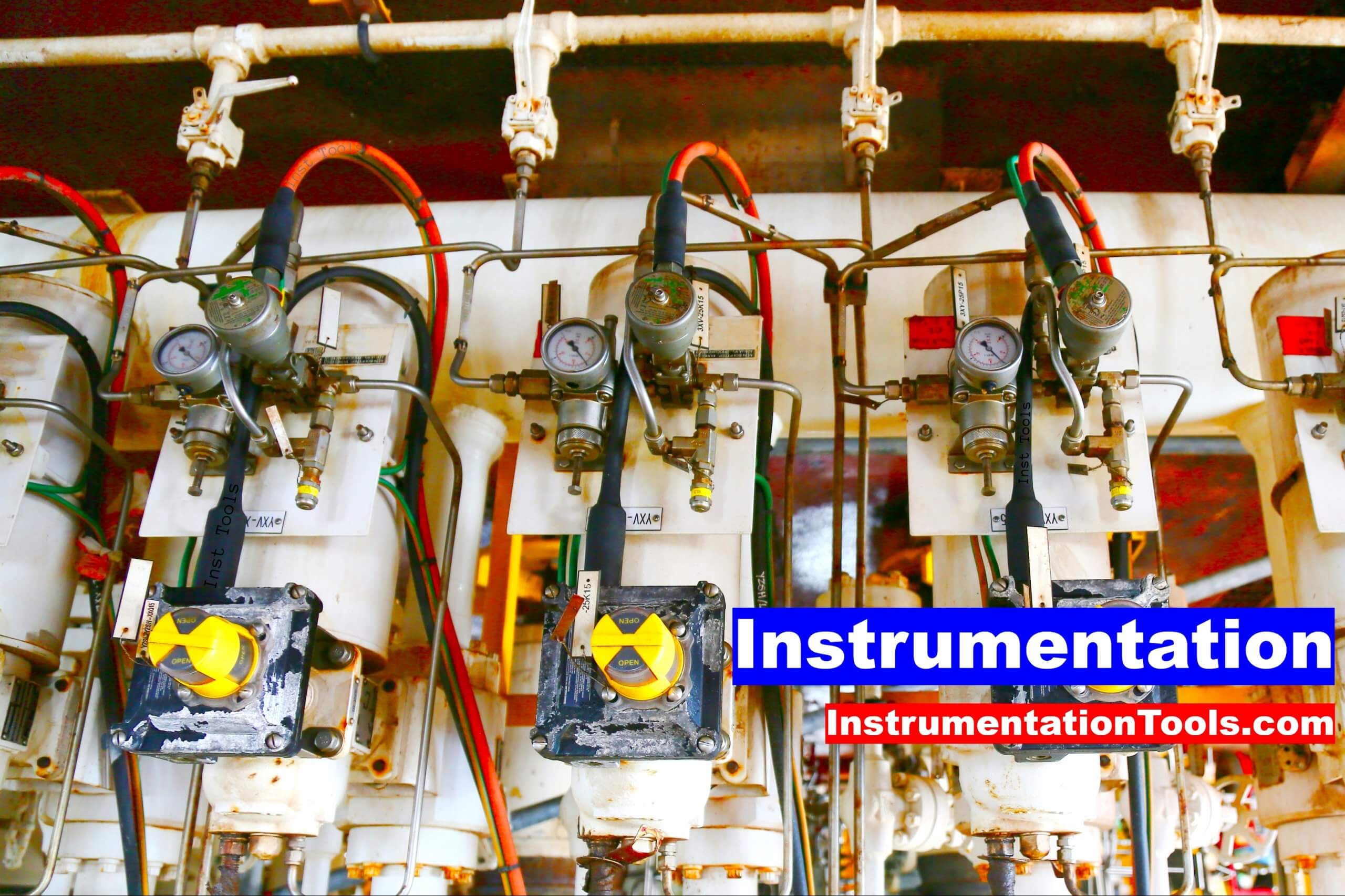
For a simple example, start with your home; consider an electricity meter. It is nothing but an instrument that senses the use of electricity in your house and gives you the actual reading of how much is consumed.
Now, it must have been understood how important this meter is. So, virtually it is impossible to function without this instrument. The same concept applies in industries. The industry is much wider on the horizon and has much better prospects for its use. Let us have a look at some major instruments used in industry.
Sensor
A sensor is used to sense any process like temperature, level, pressure, flow, etc. If you are working just randomly without knowing what is going on in the actual process and functioning without any feedback, the process will be damaged instantly.
In any scenario, it is necessary to get feedback and this task is easily done by a sensor. With sensors, you can then use the feedback to control any process accurately.
Actuator
An actuator comes after the feedback of a sensor. Suppose you are controlling the temperature of a process. You need to maintain the temperature of a room by using chilled water. In this case, an actuator will be a modulating valve to control the flow of the chilled water supply.
But, it will take actual feedback of room temperature by a sensor. Based on the feedback, the valve will open or close accordingly to maintain the process. With actuators like valves, heaters, and drives, you can modulate any process according to your requirement.
Controller
A controller is used to control the whole process by getting feedback from sensors and modulating the actuators accordingly. Actuators function automatically by getting commands from the controller.
The most famous type of controller is a PLC. The program is written inside the PLC to get input, work its logic and give the desired output. Any plant-level operation from basic to advanced levels will require a PLC to function properly.
PLC is the first level of industrial automation. Without PLC, you cannot function with SCADA, DCS, IoT, cloud computing networks, etc, which are advanced levels of automation to control the entire industry. So, PLC plays an important role in the instrumentation of industries.
Uses of Instrumentation
These are the three major uses of instrumentation in industries – sensing, controlling, and modulating. You will know exactly what you are making in a factory and if it meets the required level, you will get the desired profits. Because cost management is always important anywhere to function properly.
The initial investment in instruments can be high, but once done, it will function for a lifetime.
In this way, we saw the role of instrumentation in the industry.
If you liked this article, then please subscribe to our YouTube Channel for Electrical, Electronics, Instrumentation, PLC, and SCADA video tutorials.
You can also follow us on Facebook and Twitter to receive daily updates.
Read Next:
- Motor Feedback PLC Logic
- Steps in PLC System Design
- SCADA System Vulnerabilities
- Delta PLC and VFD with Modbus
- Industrial Automation Documents

